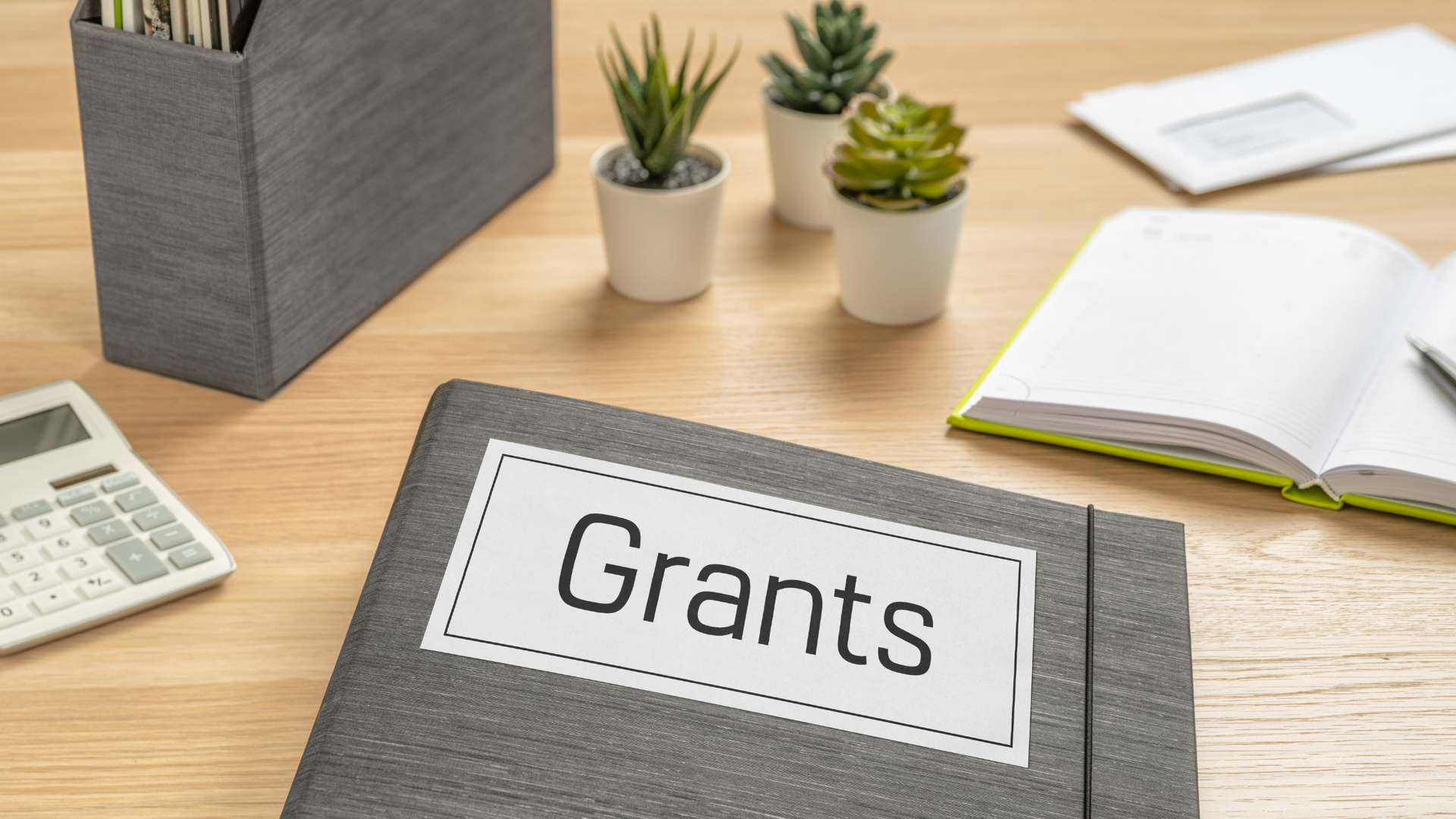What I need to know about the Construction Industry Scheme (CIS)
If you’re a contractor subcontracting work out in the construction industry then you fall under the Construction Industry Scheme (CIS). This means that you have to deduct money from a subcontractors payment in order to pay HMRC. These deductions are advanced payments towards the subcontractors Tax and National Insurance.
You will need to verify the subcontractor with HMRC and they will let you know the amount you need to deduct from your payment. In order to verify someone HMRC will ask you for your UTR (Unique Taxpayer Reference) and your National Insurance number.
The deduction rates are as follows:
- 20% for registered subcontractors
- 30% for subcontractors who aren’t registered
- 0% if the subcontractor has a gross payment status
How to make the deduction
When you receive the invoice from your subcontractor start off with the gross amount and then deduct anything which the subcontractor has paid for;
- Materials
- VAT
- Consumable equipment (that can no longer be used)
- Fuel (travel excluded)
- Plant hire
- Manufacturing of prefabricated materials
You must get evidence of these expenses. Once you have deducted these values then you need to deduct the CIS percentage from the amount remaining. You will then be left with the net amount which is to be paid to the subcontractor.
Subcontractors
As a subcontractor the payments which you received under the CIS may be subject to tax deductions. If you are registered under the CIS then you will be deducted 20% unless you are approved for gross payment status, if you’re not registered the amount deducted will be 30%.
It is down to your contractor to pay HMRC the advance payments which are deducted from your invoice. These advance payments will go towards your income tax and National Insurance Contributions (NIC) for that relevant tax year.
You will still be required to complete a self assessment tax return. The only time you will be exempt from completing a self assessment is if you are eligible for full relief under the trading allowance and did not claim under the Self Employment Income Support Scheme (SEISS).
If you did claim SEISS then the amount you received must be included in your self assessment.
When you complete your self assessment you will need to include the total amount you have invoiced not the amount you received after CIS deductions. You must also include any business expenses within your tax return.
The deductions under the CIS should be entered in box 38 on page SES2 of the self employed short pages and box 81 on page SEF4 of the self employed full pages. This means that your advance payments will be taken into account when your tax and NIC are calculated.
If you require assistance with any of the above please get in touch and we can give you some support.









